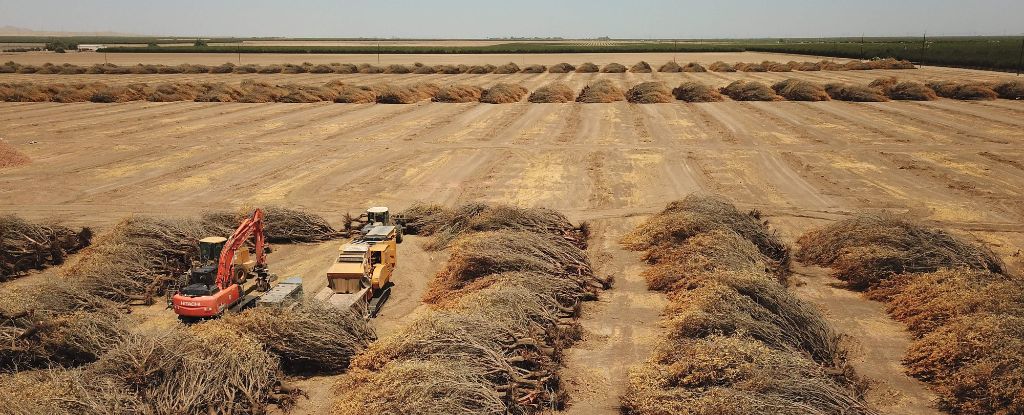A recent analysis reveals that freshwater resources are diminishing globally, with much of it ending up in the oceans, contributing to rising sea levels instead of melting ice sheets. Led by Hrishikesh Chandanpurkar and a team of Earth System scientists, the study emphasizes urgent action against climate change and groundwater depletion.
Utilizing over 20 years of satellite data from NASA, researchers documented significant changes in terrestrial water storage since 2002. They found that aridity is increasing at an alarming rate—an area roughly twice the size of California is affected each year. The researchers noted that while some regions are becoming wetter, the dry areas are expanding much more rapidly.
The depletion of terrestrial water, including groundwater from lakes, rivers, and aquifers, has severe global implications. About 75% of the US population resides in countries where freshwater is declining, primarily due to human activities and climate change.
Regions like Canada and Russia, typically thought of as wet, are experiencing ground moisture loss as well. A striking 68% of terrestrial water losses in areas without glaciers can be traced back to human groundwater extraction. This issue is compounded by increasing drought incidents worldwide.
The study underscores the critical need for sustainable groundwater management to combat these changes and stresses that collective efforts can help mitigate continental aridity. Published in Science Advances, the findings highlight the intricate connections between human actions, climatic changes, and global water scarcity.


